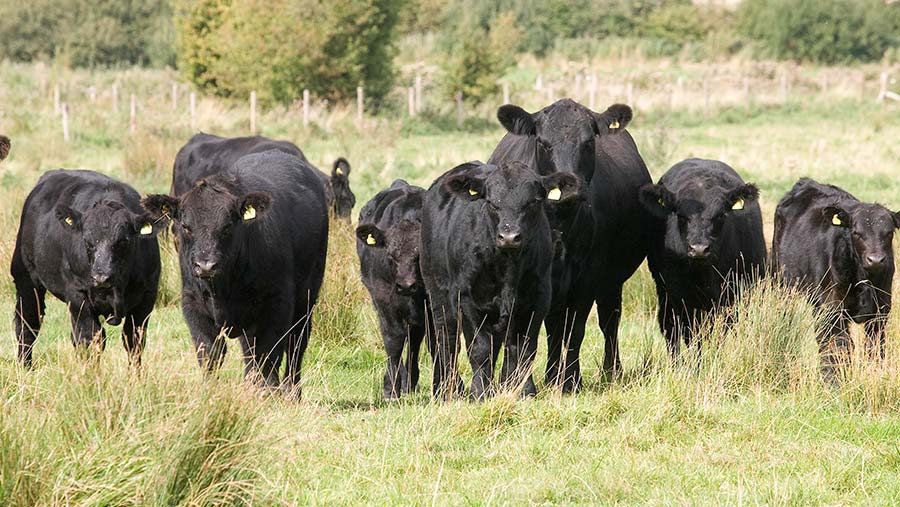Scottish Crown Estate reforms hand more power to communities
 © Tim Scrivener
© Tim Scrivener Local authorities and communities in Scotland will have a stronger say in the management of Scottish Crown Estate assets after reforms were passed in Holyrood.
The Scottish Government gained powers over the Crown Estate in 2017 and the Crown Estate Bill was created to define how the assets should be managed.
See also: Keep Scotland’s Crown Estate whole, say tenants
The bill, which passed through parliament on 21 November, sets out a legislative framework that will create opportunities for local control of the estate, which includes farmland, shorelines and ports.
Among its aims the bill sets out the need for sustainable development and makes provisions to give councils and community organisations the opportunity to directly manage assets on a “case-by-case basis”.
However, it also recognises that some areas of the estate may still need to be managed at the national level.
Distinction welcomed
This recognition has been welcomed by the rural portion of the estate, which includes 28,000ha of land with forestry, residential and commercial properties.
The Scottish Tenant Farmers Association (STFA) said that traditionally the 100 agricultural tenancies on four rural estates – Glenlivet, Fochabers, Applegirth and Whitehill – had enjoyed a positive working relationship with the Crown.
The STFA has consistently called for the rural estates to be managed centrally to maintain close ties, understanding and investment and welcomed the move for central control.
Simon Hodge, Crown Estate Scotland chief executive, said: “The Bill helps give our tenants clarity and certainty about how the land and property they depend on may be managed in the future.
“Since starting operation in April 2017, we’ve worked hard to deliver wider economic, social and environmental value for Scotland, as well as returning profits to the Scottish Government.
Ambitious proposals
“This includes ambitious proposals for new offshore wind leasing, a scheme to devolve management of land and property to local bodies, a £4.5m rural investment plan and much more,” said Mr Hodge.
“This new legislation will enable us to focus even more on managing our assets in ways that benefit Scotland’s economy, people and environment.”
Land reform secretary Roseanna Cunningham added: “I believe strongly in maximising the benefits of the Crown Estate for our communities, which is why I am delighted that parliament has agreed to open up the possibility for local authorities and communities to take direct control of the management of these assets.
